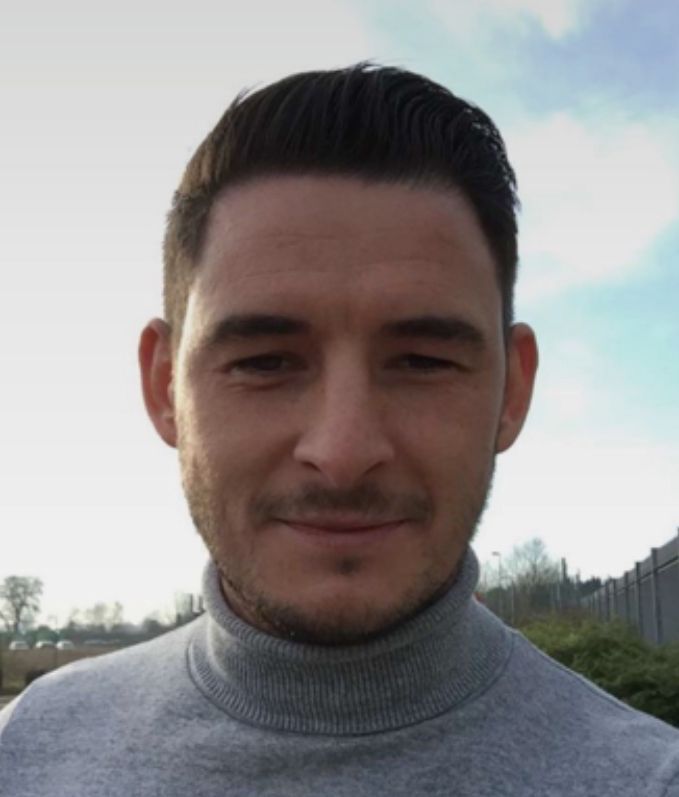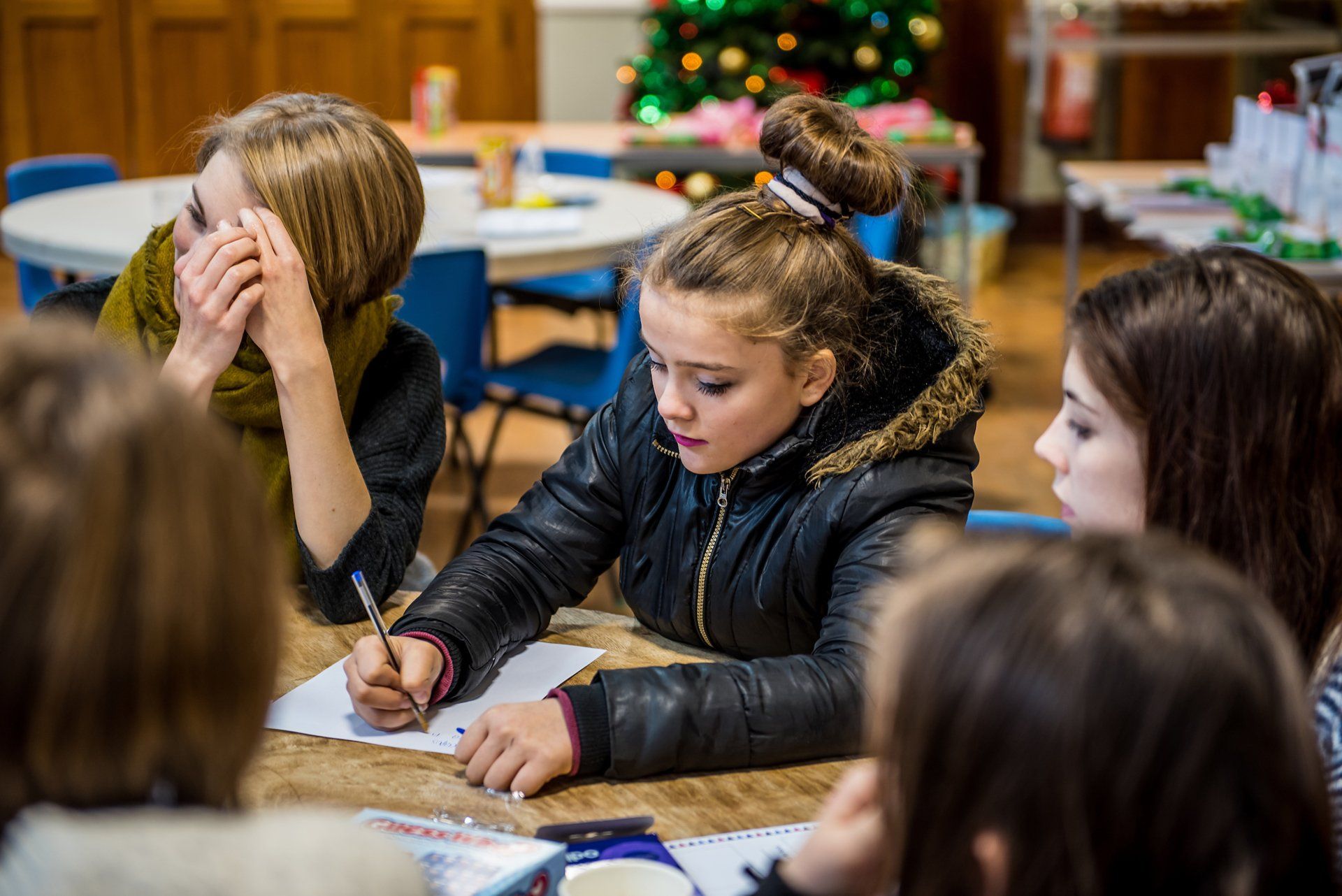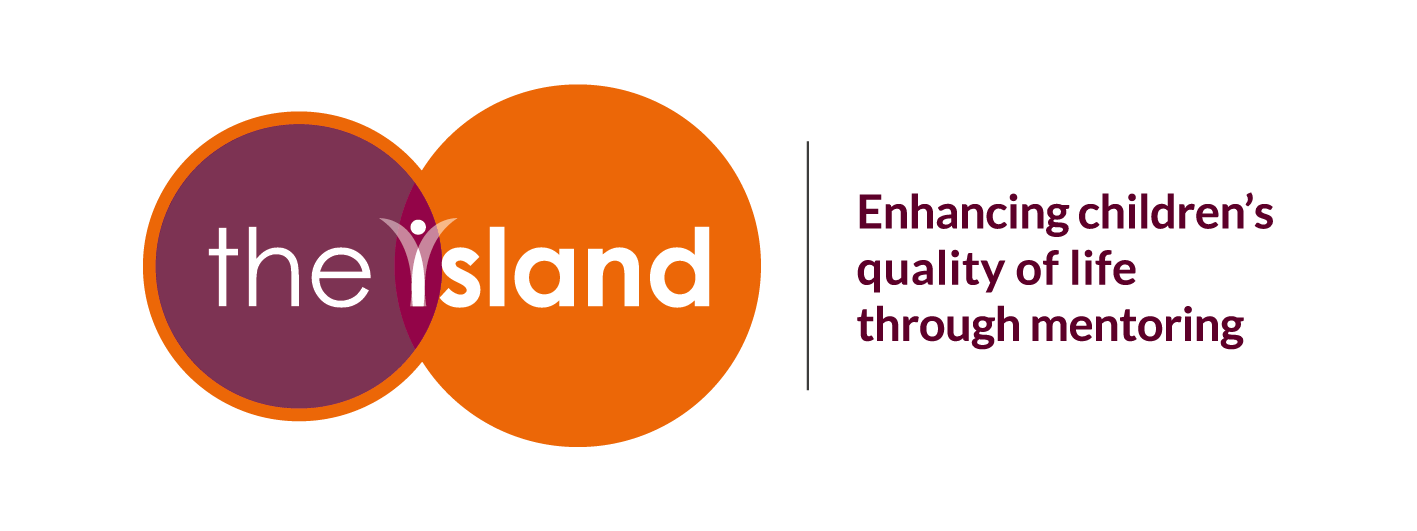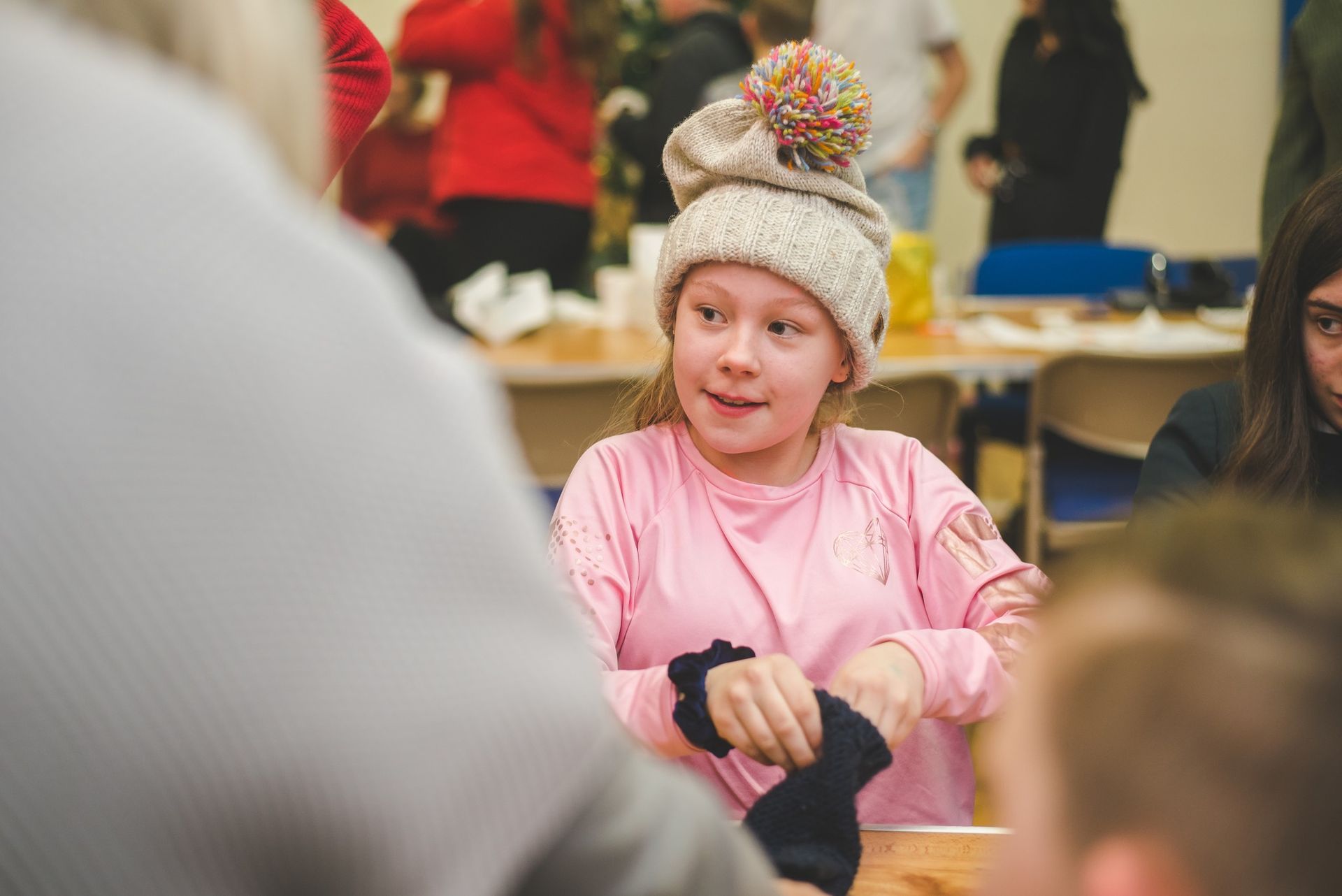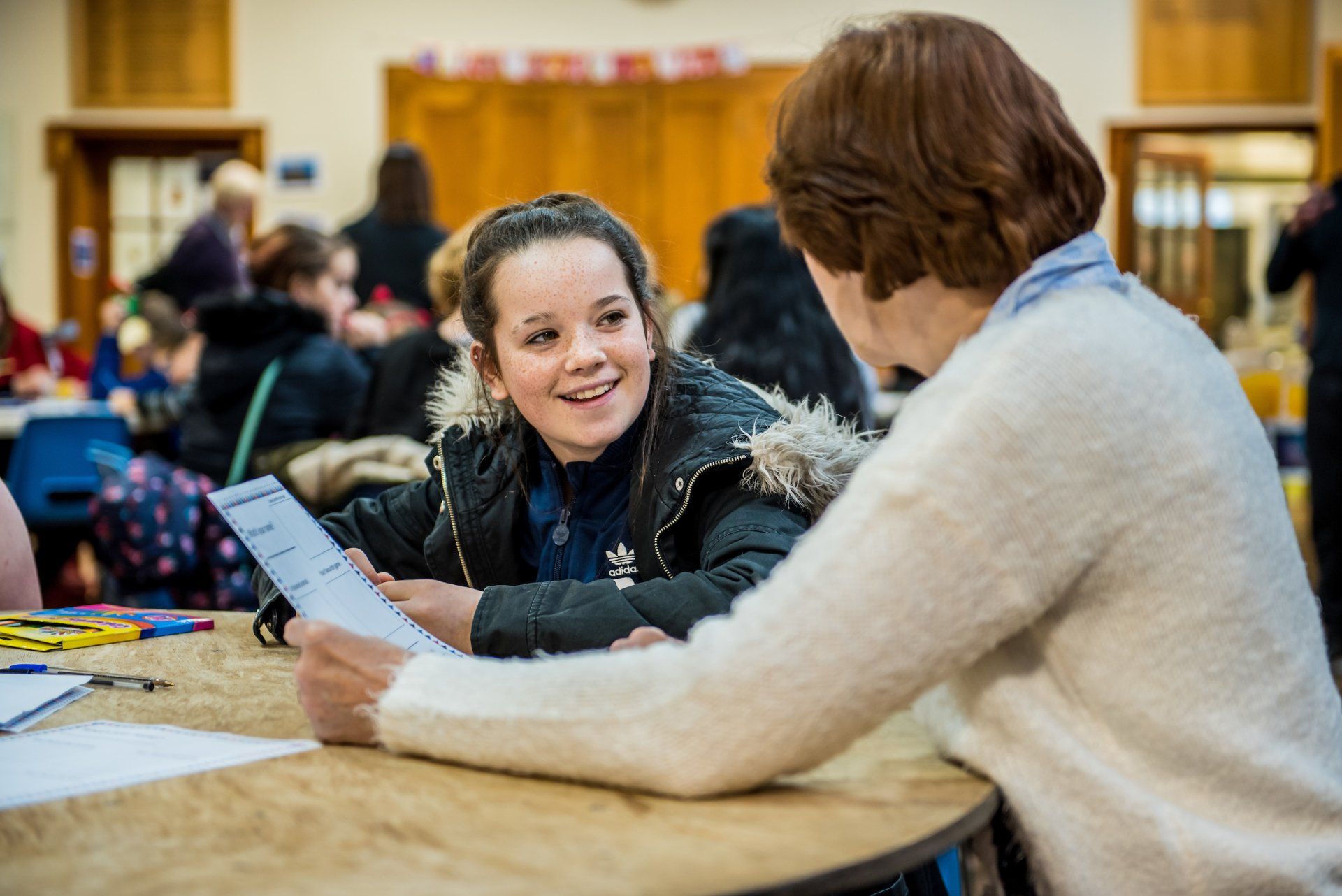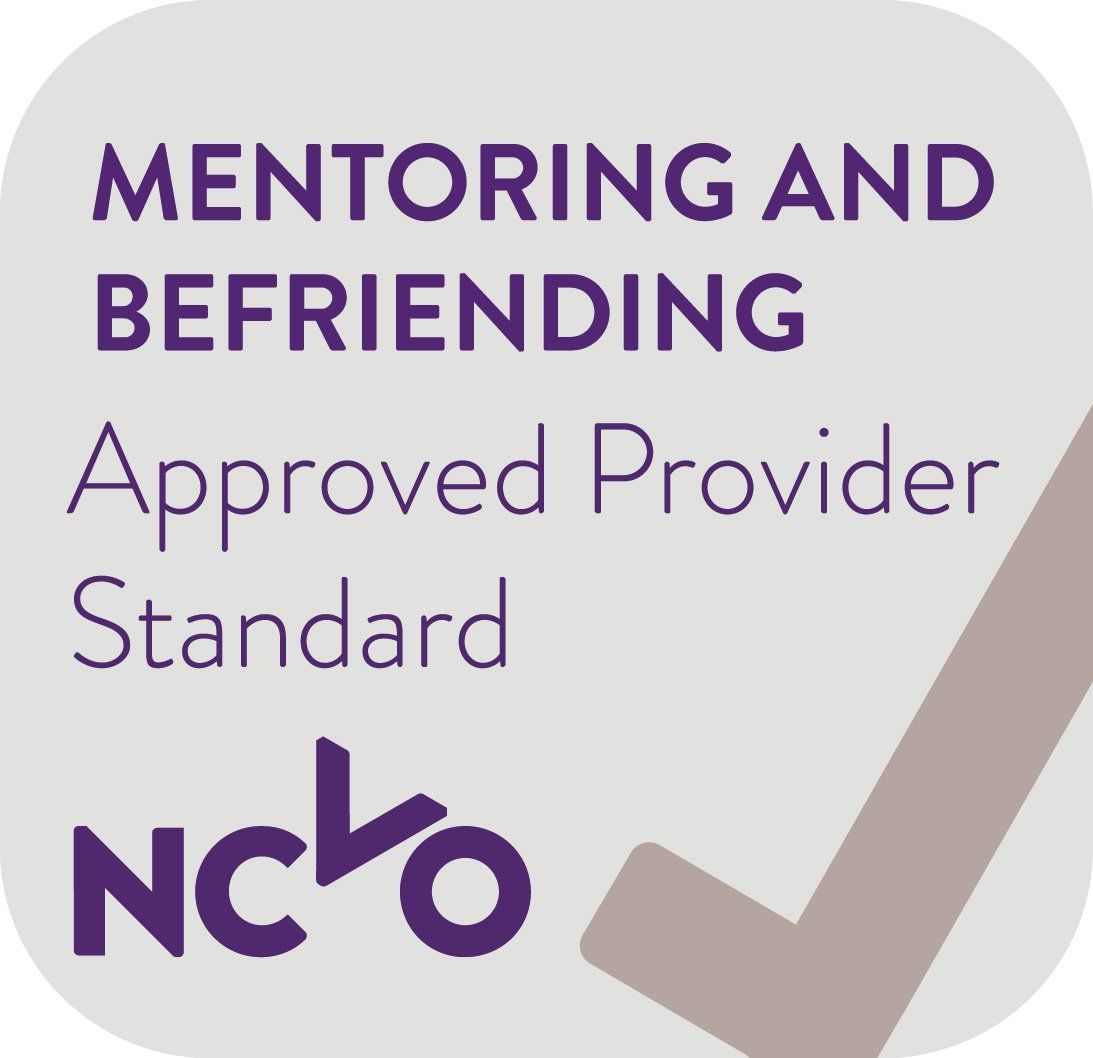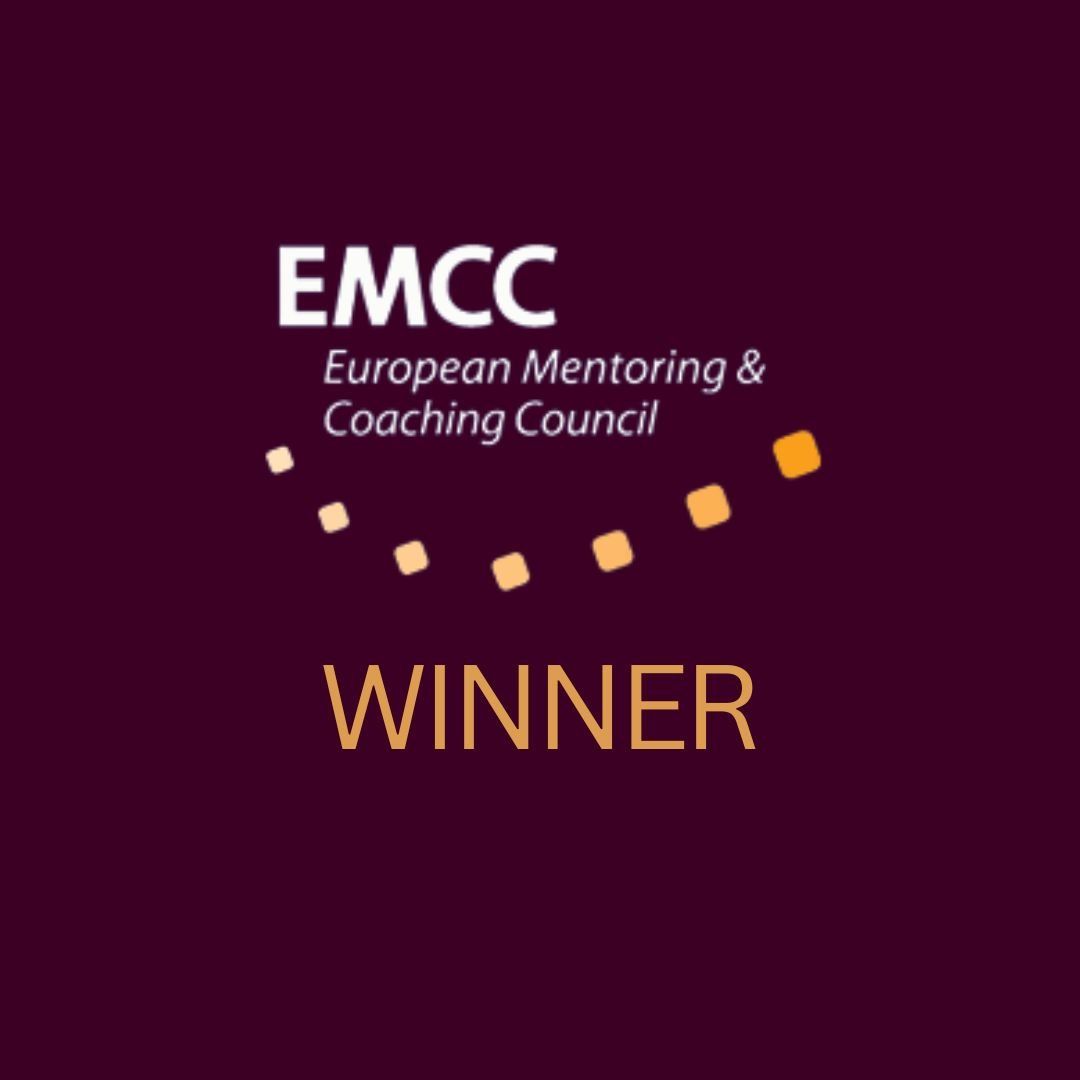How to support neurodiverse children

What is meant by neurodiversity?
Neurodiversity is an umbrella term to describe a host of developmental differences that children and young people may have. “Neuro” refers to the brain while “diversity” refers to the variation from people who don’t have these learning differences. When talking to children, I often talk about different operating systems for consoles: Xbox vs PlayStation or Apple vs PC. The system does the same thing but may need to do it in a slightly different way.
The most well-known of these differences are autism, ADHD (or ADD), dyslexia and dyspraxia (Developmental Coordination Disorder). The Island mentees often have a diagnosis of one or more of these conditions or may have traits but no formal diagnosis. This post will focus on autism and ADHD as these are the conditions that are most common among our mentees.
Autism
Autism can also be referred to as ASC (autistic spectrum condition), ASD (autistic spectrum disorder) or sometimes Asperger’s Syndrome (though this is no longer the term used for a diagnosis). As it is a spectrum condition, it varies in how it affects one person to another. Some autistic people may need little to no support in their daily lives while others can be more significantly affected and need a high level of support.
Signs of autism in children and young people may include:
· Sensory difficulties. Being over or under sensitive to sound, touch, taste, smell or visual stimulus.
· Difficulties “reading” people. They may misunderstand other people’s behaviour, thoughts or feelings leading to problems with relationships.
· Strong unusual interests. Being preoccupied with a certain subject that may dominate their play and conversation.
· Love of routine. Changes to routine may cause them to become unusually upset.
· Taking things literally. Phrases such as “pull your socks up” may be confusing and taken at face value.
· Demand avoidance. They may become upset or defiant if asked to do something.
Famous individuals who have a diagnosis of autism are Chris Packham and Greta Thunberg. Both have spoken about their autism and how their strong interests have allowed them to become dedicated to a cause they feel strongly about.
Strategies that may help a young person with autism at home could include:
· Structure and routine. Autistic people often thrive on routine. Visual timetables can be a helpful tool to minimise meltdowns due to unexpected
events.
· A sensory toolkit – items such as fiddle toys, blackout tents, weighted blankets and ear defenders can be helpful for some autistic people.
· Social stories. These are scripts that help practise a skill or how to respond to a situation. Click here to read more.
· Rewards – don’t underestimate the power of rewarding the behaviour you want to encourage!
For further information on autism, you can visit either the NHS or Autism websites where you will be provided with reliable and accurate information.
ADHD or ADD
ADHD stands for Attention Deficit Hyperactivity Disorder while ADD is an older term for the same condition. ADD is sometimes used to indicate that a person struggles with attention but does not have traits of hyperactivity. People with ADHD tend to be impulsive, have difficulties maintaining concentration and maybe more fidgety than the average person. In school, this can manifest as a young person who struggles to conform to classroom expectations such as sitting still and remembering not to interrupt the teacher.
Young people with ADHD may benefit from having something to fidget with, regular movement breaks and shortened tasks to help maintain focus. Symptoms of ADHD can improve with age with hyperactivity tending to reduce, however, around 15% of adults who were diagnosed with ADHD as a child still experience a full range of symptoms as adults.
Strategies to help a young person with ADHD at home could include:
· Structure – for example, introducing a visual timetable,
· Encouraging exercise to help them self-regulate,
· Breaking down tasks into smaller tasks,
· Use fidget toys to aid concentration,
· Repetition and positive reinforcement – reward the behaviour you want to encourage!
Famous people who have a diagnosis of ADHD include swimmer Michael Phelps, the world’s most successful Olympian. He credits swimming with helping him manage his ADHD symptoms and using the hyper focus it can bring to allow him to excel.
You can read more about ADHD on the NHS website by clicking here.
What should I do if I think my child shows signs of autism or ADHD?
If you think your child may have autism or ADHD, speak to the SENCO (Special Educational Needs Co-ordinator) at school. They may also have noticed signs in school and can make a referral to CAMHS (Child and Adolescent Mental Health Services) for an assessment. You could also ask your GP to make a referral or call the Single Point of Access to self-refer. In York that is 01904 615345.
